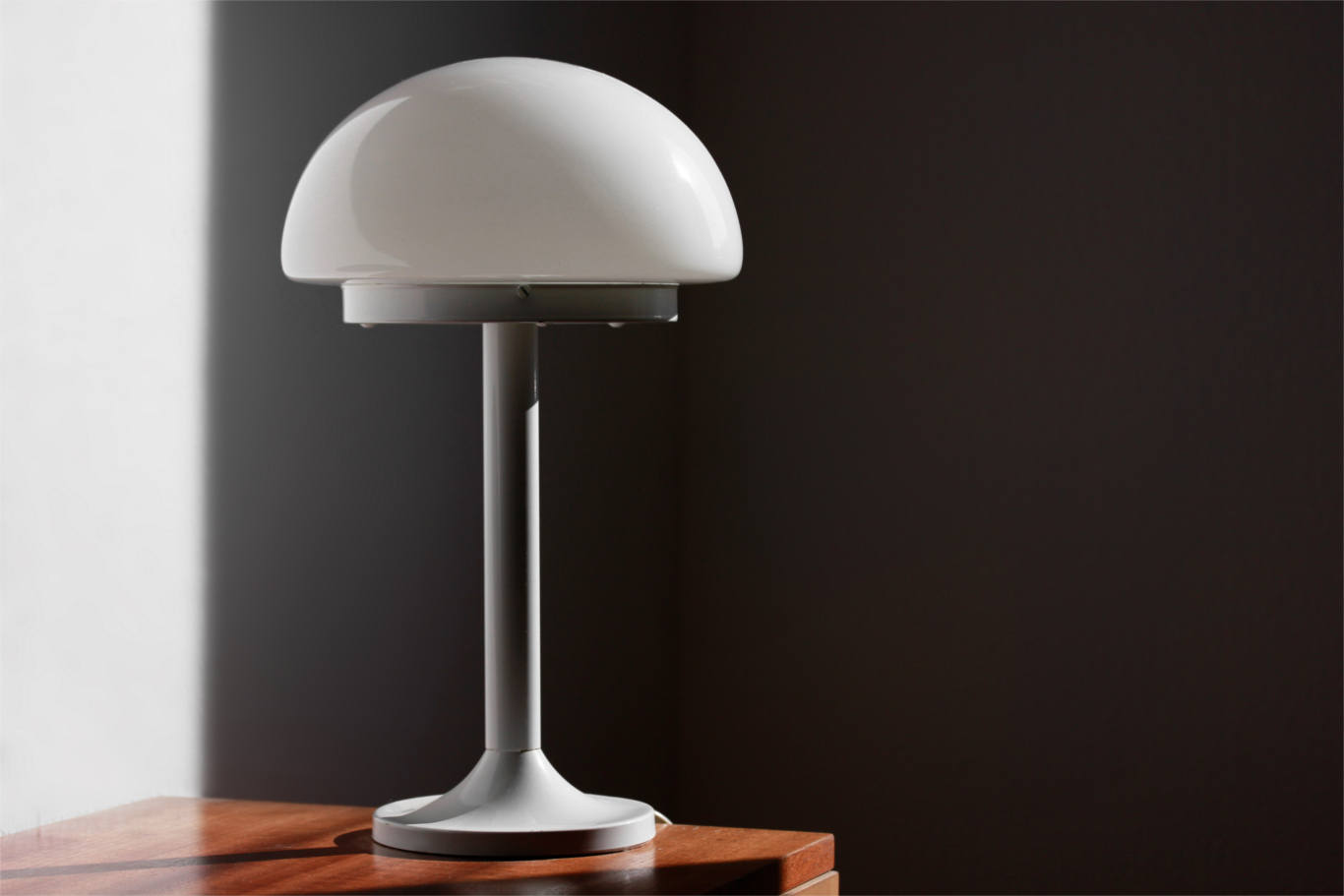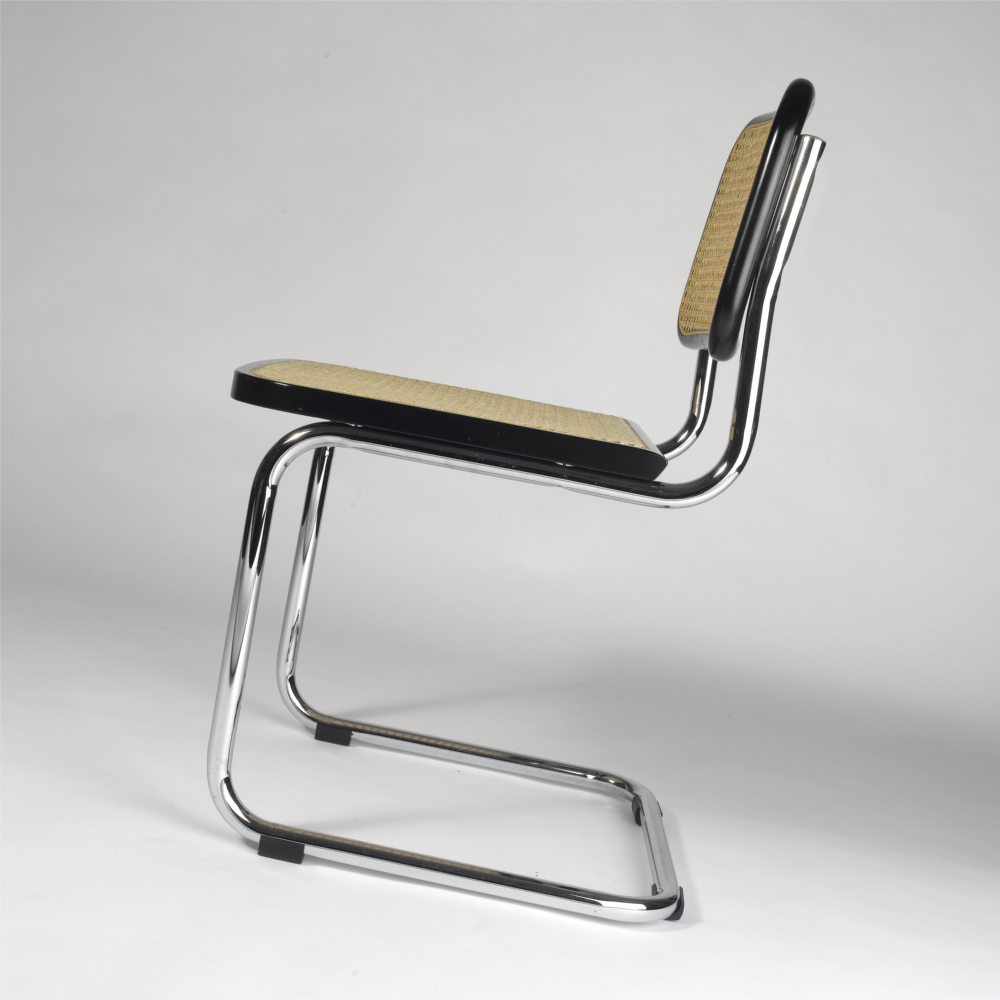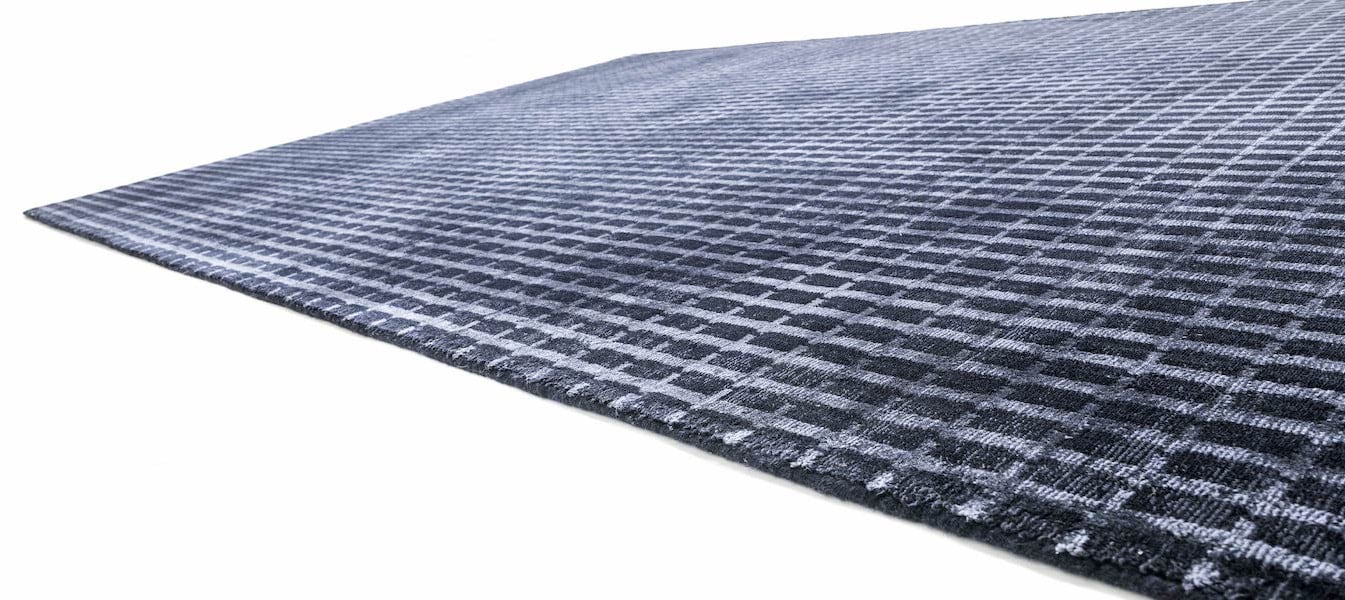THE BAUHAUS - 100 YEARS OF MODERN DESIGN HISTORY
It created a new era of design history in the 20th century and began like a thunderbolt when Walter Gropius founded the State Bauhaus in Weimar in 1919. The Bauhaus is regarded as one of the most influential art & design schools of the last century.
The Bauhaus is hundred-year-old and still highly topical. Central ideas are cooperation with the industry and form follows function. Everyday usage objects are supposed to have a simple design, be practical and get produced in series. People's needs are prioritized and luxury needs are pushed to the background. The final aim is to create a more affordable and functional living space for people.
Modern design philosophy

Art and craftsmanship were equally respected and taught in the Bauhaus. There is a play of shapes and colors in the tendency. The triangle, circle and square are regarded as characteristic elements and yellow, blue and red are leading colors.
Beside the fact that the Bauhaus combines architecture, craftsmanship and art, it also hosted modern design innovations, aesthetic ideals, political ideas and philosophical approaches. The architect Ludwig Mies van der Rohe, Walter Gropius and the painters Paul Klee and Wassily Kandinsky are regarded as the most famous representatives of the school in the 20th century.
Obstacles and global success

The Bauhaus movement experienced also resistance, particularly conservatives and right-wingers had problems with the Bauhaus way of life and cultural concept. Having received the majority at the Landtag, they cut in up to 50% of the grants in 1924. As the NSDAP became the strongest force afterwards, the Bauhaus was closed consequently. Some Bauhaus followers still continued working during the Nazi regime, some were persecuted and murdered. Many were seeking refuge abroad or emigrated. For instance, former Bauhaus student and head of its weaving workshop Gunta Stölzl, had to finally flee to Switzerland. In this way the Bauhaus idea also spread all over the world and influenced architecture, art, photography and interior design until this day.
Bauhaus interior design

The Bauhaus movement was followed by a lasting change in the design and in the production of modern furniture. Steel frames became visible on chairs, tables, sofas or lamps. Simple furniture, which requires little manual work or upholstery, consists of machine-made and mass-produced steel tubes. High quality defines the modern look of the Bauhaus era up to the present day. Some timeless pieces are even produced until this day. For example, the classic cantilever chair by Marcel Breuer and the set tables by Thonet have become bestseller since the birth of the Bauhaus. Their hallmark is to be simple, functional and tasteful, embodying the Bauhaus core idea.
Furnishing ideas
The furniture should be prettily shaped, practical and completely plain. As functionality is the basic idea of the Bauhaus, its motto states that form should follow function. This is reflected in the simplicity of the components, which are well arranged and functional. This trend is also visible in the arrangement of the interior design: rooms are simple, tidy and minimalist. The Bauhaus style is also visible in carpet designs. Aesthetic quality of materials and production is combined with classic colors and discreet patterns. Timeless, sober, clear - 100 years and still very modern!
- Interior Design
- Materials
- Colour
- Trend


